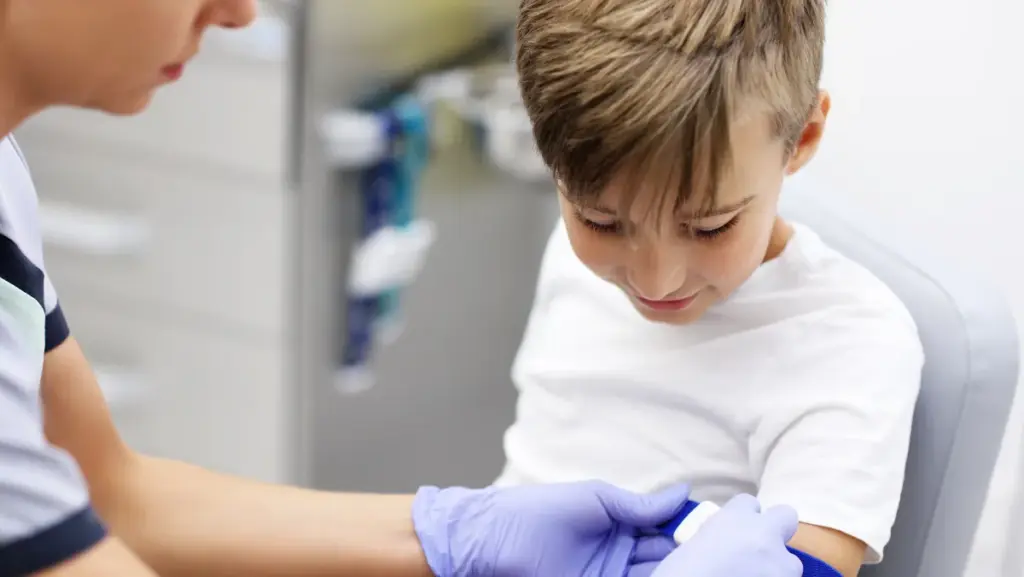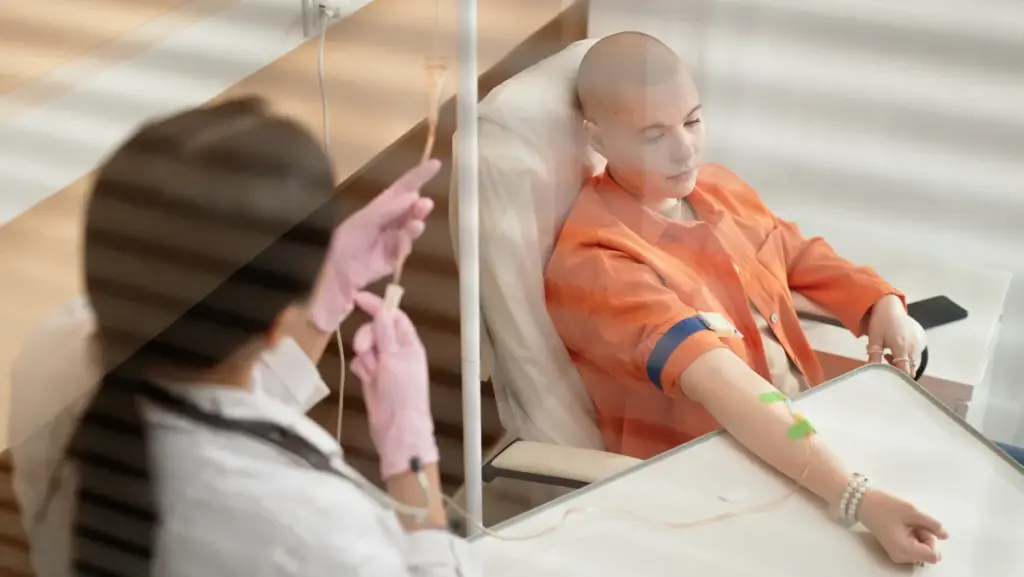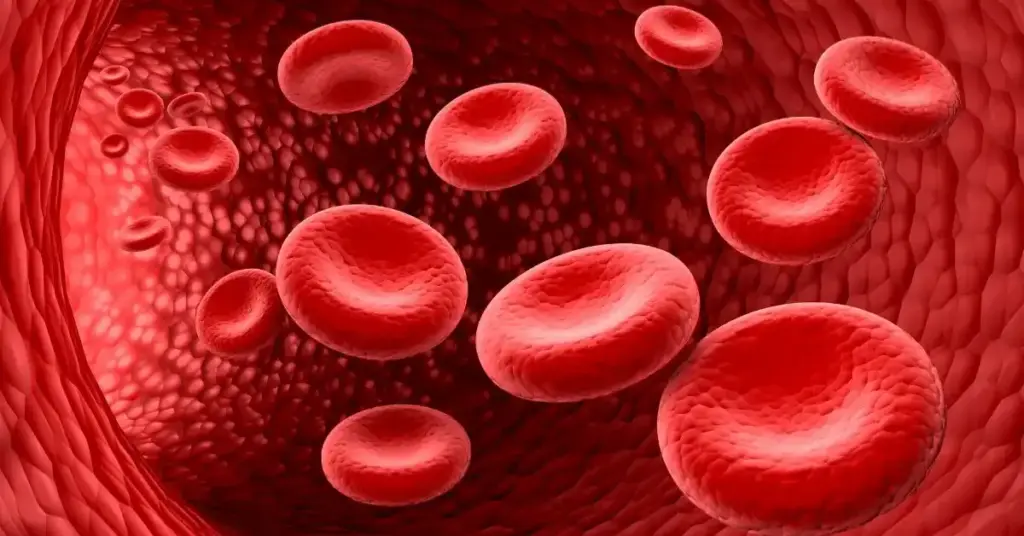
Critical care and inpatient services play a crucial role in modern hospitals, offering round-the-clock medical supervision and life-sustaining interventions to patients experiencing acute health crises. These services are provided in specialized units, such as Intensive Care Units (ICUs), where patients are constantly monitored by a skilled team of doctors, nurses, respiratory therapists, and technicians. Conditions like severe infections, respiratory failure, heart attacks, traumatic injuries, and post-surgical complications are treated in this setting.
In these critical situations, every second counts. Patients benefit from sophisticated equipment, standardized care protocols, and continuous medical attention. The goal is not only survival but also preservation of organ function and prevention of long-term disability. With the increasing complexity of medical cases and aging populations, the importance of well-structured critical care systems continues to grow.
ICU protocols are the foundation for consistent, high-quality critical care. They standardize care delivery, minimize human error, and improve patient outcomes. These protocols guide clinical decisions involving ventilation, sedation, nutrition, infection control, and hemodynamic monitoring.
Daily practice in ICUs includes:
Other critical areas include:
These structured routines, when combined with real-time monitoring and expert judgment, ensure that patients receive consistent, proactive, and responsive care throughout their ICU stay. Protocols aren't just guidelines—they are life-saving tools that maintain safety and quality in high-stakes environments.
Sepsis is a medical emergency that requires immediate and aggressive treatment. In critical care, standardized sepsis protocols aim to identify early signs, initiate prompt treatment, and reduce the risk of progression to septic shock or organ failure. Every hour of delay in treatment increases the risk of mortality, making rapid intervention essential.
Sepsis management typically includes:
Additional support strategies include:
Sepsis management is not just about treatment—it’s about timing, teamwork, and technology. A delay of even one hour can impact survival. Critical care teams trained in sepsis recognition and intervention can make a life-saving difference in patient outcomes.
Multisystem failure, or multiple organ dysfunction syndrome (MODS), occurs when two or more organ systems fail simultaneously. It typically arises from sepsis, trauma, or prolonged critical illness. In the ICU, managing MODS is a complex task that involves constant monitoring, aggressive treatment, and coordinated teamwork.
Management strategies involve:
Key monitoring parameters include:
Treatment is dynamic, evolving with each organ's response. Recovery from multisystem failure requires patience, meticulous care, and constant reassessment. While some organs may recover, others may need prolonged support or even permanent replacement (e.g., dialysis). In these moments, the ICU becomes not just a place of treatment, but a bridge between survival and long-term recovery.
Organ support systems form the technological backbone of critical care, keeping patients alive when their natural systems are compromised. These systems temporarily replace or assist failing organs, giving the body time to heal or undergo further treatment. Their use is guided by clinical status, laboratory results, and evolving patient needs.
Commonly used systems include:
Supporting tools and monitors:
Organ support is not a replacement for recovery, but a bridge to it. The art of critical care lies in knowing when to start, escalate, or wean these interventions—balancing necessity with the risks of prolonged support.
End-of-life decisions are a delicate but essential part of critical care. When curative options are no longer effective, the focus shifts to patient comfort, dignity, and family-centered decision-making. These discussions are rooted in compassion, communication, and respect for individual values.
Key elements of end-of-life care in ICUs:
Support systems also include:
End-of-life care does not mean the end of care—it means a change in focus. Even when cure is no longer possible, critical care teams remain present to ensure the patient experiences dignity, respect, and peace in their final journey.
Critical care and inpatient services stand at the forefront of life-saving medicine. With advanced technologies, strict protocols, and a dedicated multidisciplinary team, these services provide intensive, compassionate care during medical emergencies and complex recoveries. From managing sepsis and organ failure to guiding end-of-life choices, critical care ensures that every patient receives expert attention tailored to their evolving needs.
At Kannappa Memorial Hospital, these services are delivered with precision, empathy, and integrity. Patients benefit from evidence-based practices, continuous monitoring, and state-of-the-art equipment that support the most fragile moments of life. Each member of the critical care team plays a vital role in guiding patients through uncertainty toward the best possible outcomes.
Critical care and inpatient services play a crucial role in modern hospitals, offering round-the-clock medical supervision and life-sustaining interventions to patients experiencing acute health crises. These services are provided in specialized units, such as Intensive Care Units (ICUs), where patients are constantly monitored by a skilled team of doctors, nurses, respiratory therapists, and technicians. Conditions like severe infections, respiratory failure, heart attacks, traumatic injuries, and post-surgical complications are treated in this setting.
In these critical situations, every second counts. Patients benefit from sophisticated equipment, standardized care protocols, and continuous medical attention. The goal is not only survival but also preservation of organ function and prevention of long-term disability. With the increasing complexity of medical cases and aging populations, the importance of well-structured critical care systems continues to grow.
ICU Protocols
Sepsis Management
Multisystem Failure
Organ Support Systems
End-of-Life Decisions
Conclusion
ICU protocols are the foundation for consistent, high-quality critical care. They standardize care delivery, minimize human error, and improve patient outcomes. These protocols guide clinical decisions involving ventilation, sedation, nutrition, infection control, and hemodynamic monitoring.
Daily practice in ICUs includes:
Other critical areas include:
These structured routines, when combined with real-time monitoring and expert judgment, ensure that patients receive consistent, proactive, and responsive care throughout their ICU stay. Protocols aren’t just guidelines—they are life-saving tools that maintain safety and quality in high-stakes environments.
Sepsis is a medical emergency that requires immediate and aggressive treatment. In critical care, standardized sepsis protocols aim to identify early signs, initiate prompt treatment, and reduce the risk of progression to septic shock or organ failure. Every hour of delay in treatment increases the risk of mortality, making rapid intervention essential.
Sepsis management typically includes:
Additional support strategies include:
Sepsis management is not just about treatment—it’s about timing, teamwork, and technology. A delay of even one hour can impact survival. Critical care teams trained in sepsis recognition and intervention can make a life-saving difference in patient outcomes.
Multisystem failure, or multiple organ dysfunction syndrome (MODS), occurs when two or more organ systems fail simultaneously. It typically arises from sepsis, trauma, or prolonged critical illness. In the ICU, managing MODS is a complex task that involves constant monitoring, aggressive treatment, and coordinated teamwork.
Management strategies involve:
Key monitoring parameters include:
Treatment is dynamic, evolving with each organ’s response. Recovery from multisystem failure requires patience, meticulous care, and constant reassessment. While some organs may recover, others may need prolonged support or even permanent replacement (e.g., dialysis). In these moments, the ICU becomes not just a place of treatment, but a bridge between survival and long-term recovery.
Organ support systems form the technological backbone of critical care, keeping patients alive when their natural systems are compromised. These systems temporarily replace or assist failing organs, giving the body time to heal or undergo further treatment. Their use is guided by clinical status, laboratory results, and evolving patient needs.
Commonly used systems include:
Supporting tools and monitors:
Organ support is not a replacement for recovery, but a bridge to it. The art of critical care lies in knowing when to start, escalate, or wean these interventions—balancing necessity with the risks of prolonged support.
End-of-life decisions are a delicate but essential part of critical care. When curative options are no longer effective, the focus shifts to patient comfort, dignity, and family-centered decision-making. These discussions are rooted in compassion, communication, and respect for individual values.
Key elements of end-of-life care in ICUs:
Support systems also include:
End-of-life care does not mean the end of care—it means a change in focus. Even when cure is no longer possible, critical care teams remain present to ensure the patient experiences dignity, respect, and peace in their final journey.
Critical care and inpatient services stand at the forefront of life-saving medicine. With advanced technologies, strict protocols, and a dedicated multidisciplinary team, these services provide intensive, compassionate care during medical emergencies and complex recoveries. From managing sepsis and organ failure to guiding end-of-life choices, critical care ensures that every patient receives expert attention tailored to their evolving needs.
At Kannappa Memorial Hospital, these services are delivered with precision, empathy, and integrity. Patients benefit from evidence-based practices, continuous monitoring, and state-of-the-art equipment that support the most fragile moments of life. Each member of the critical care team plays a vital role in guiding patients through uncertainty toward the best possible outcomes.
Critical care services encompass comprehensive, round-the-clock medical attention for patients with life-threatening conditions. These include advanced monitoring, ventilator support, medication infusion, renal replacement therapy, and specialized care for infections, trauma, and surgical complications. Provided primarily in Intensive Care Units (ICUs), these services rely on a coordinated team of healthcare professionals. Their primary aim is to stabilize the patient, support organ function, and create conditions for recovery or transition to long-term care.
The ICU (Intensive Care Unit) is a physical space within a hospital dedicated to treating critically ill patients. Critical care, however, refers to the specialized medical treatment provided within that space. While the ICU is the environment equipped with necessary tools and staff, critical care is the practice of delivering life-sustaining interventions such as mechanical ventilation, vasopressor support, and continuous monitoring. Together, they work to manage severe illnesses and emergencies in a controlled, expert-driven setting.
Bundled critical care services often include a wide range of coordinated treatments such as mechanical ventilation, intravenous medication administration, hemodynamic monitoring, dialysis, nutritional support, and diagnostic imaging. These are delivered concurrently and documented under time-based or event-specific billing structures. The bundled nature ensures efficient, comprehensive care where multiple interventions are performed to manage complex conditions like sepsis or multisystem failure. These bundles are governed by clinical protocols, ensuring safety, quality, and accountability in every aspect.





